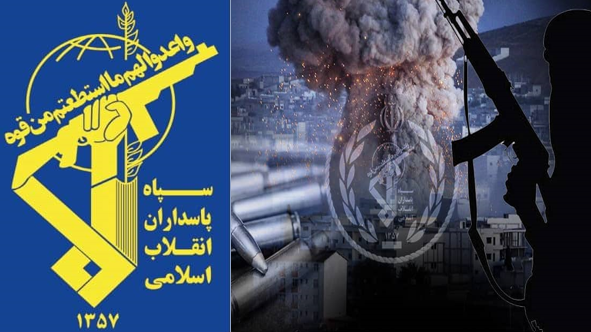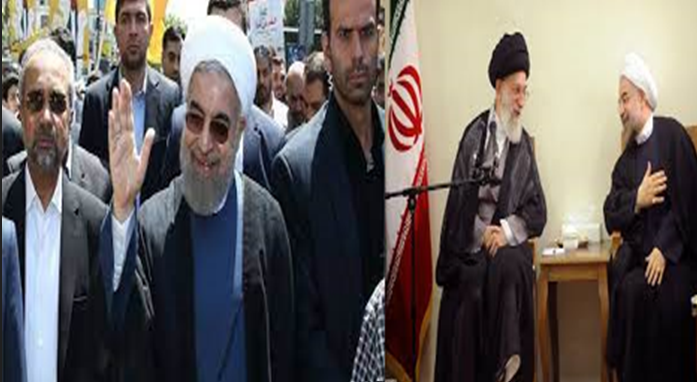
In a notable development on January 7, the Javan news website, associated with the Islamic Revolutionary Guard Corps (IRGC), revealed an intriguing political maneuver within Iran’s intricate political landscape.
The article highlighted former Iranian president Hassan Rouhani’s aspirations for a significant role in the upcoming Assembly of Experts election. Rouhani, perceiving a likely necessity for the Assembly to appoint a successor to the Supreme Leader Ali Khamenei, did not conceal his ambitions. However, his foresight did not extend to envisioning the possibility of being sidelined from this pivotal decision-making process himself.
This move significantly clarified the stakes involved, especially regarding the crucial matter of selecting Khamenei’s successor. The disqualification evidently simplified this complex decision, a sentiment echoed across various regime factions and reflected in the narratives of the IRGC-affiliated outlet.
Further commentary on the situation came from Javad Karimi Ghoddousi, a member of the Majlis (Iranian Parliament), who used social media to emphasize Rouhani’s disqualification. Ghoddousi’s reference to “building a Saqifeh” an allusion to determining Khamenei’s successor underscored the Guardian Council’s decisive intervention against Rouhani’s ambitions.
State-run publications have also weighed in on the discourse, portraying Rouhani’s aspirations as a challenge to the prevailing hardliner perspective. The Hamdeli newspaper, in particular, highlighted the broader implications of Rouhani’s potential role in uniting various factions within the Assembly of Experts against the hardliner agenda. This narrative suggests Rouhani’s disqualification was aimed at preventing him from becoming a unifying figure for reformist currents during the critical decision of leadership succession.

The veiled references in the Javan article started to unravel when, a few weeks later, the Guardian Council disqualified Rouhani from the election.
Moreover, the role of the Assembly of Experts, historically pivotal in leadership transitions, as seen in the succession from Khomeini to Khamenei in 1989, has come under scrutiny. References to Rafsanjani’s instrumental role in the past succession process have drawn parallels to Rouhani’s current situation, with suggestions that his disqualification serves to prevent a similar influence on the upcoming leadership transition.
The secrecy surrounding the committee responsible for identifying eligible leadership candidates, as mentioned by Ahmad Khatami of the Guardian Council, highlights the underlying tensions and the strategic manipulation within Iran’s political system. This secrecy, ensuring the exclusion of the vast majority of the Assembly of Experts from the selection process, underscores the depth of the crisis within the regime, pointing to a concerted effort to control the outcome of the impending leadership transition.
In sum, the disqualification of Hassan Rouhani from the Assembly of Experts election represents a critical juncture in Iran’s political narrative. It not only signifies a clampdown on potential reformist influences but also sets the stage for a tightly controlled succession

MEK Iran (follow us on Twitter and Facebook), Maryam Rajavi’s on her site, Twitter & Facebook, NCRI (Twitter & Facebook), and People’s Mojahedin Organization of Iran – MEK IRAN – YouTu
